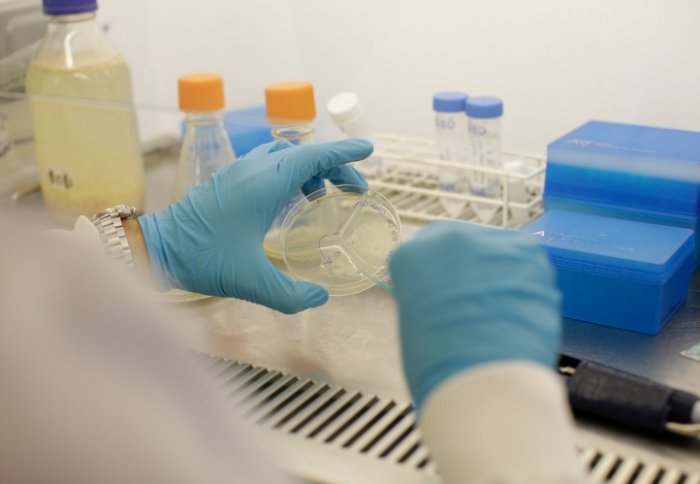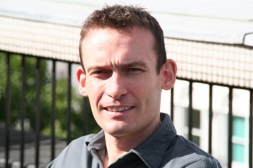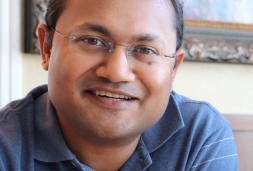Imperial academics win three new Wolfson Research Merit Awards

Imperial academics have won three prestigious Wolfson Research Merit Awards, which recognise scientists of outstanding achievement and potential.
Twenty five such awards have been newly awarded across the UK. Jointly funded by the Wolfson Foundation and the Department for Business, Innovation and Skills (BIS), the award scheme recognises scientists of outstanding achievement and potential who are based at universities within the UK.
The three new Imperial award holders are Professor James Moore from the Department of Bioengineering, Professor Darren Crowdy from the Department of Mathematics, and Dr Abhijeet Ghosh from the Department of Computing.

Professor Darren Crowdy
Professor Crowdy has been recognised for his work in improving the theoretical understanding of a new breed of optical fibres - the family of cables used in telecommunications. The new Microstructured Optic Fibres (MOFs) are made of a single material with many small channels running all the way through, whereas traditional optic fibres are made by coating a tube of one material with a thin cladding of another.
This new design has led to a revolution in the field of fibre optics, but the successful production of such MOFs requires the devising of detailed mathematical models. Professor Crowdy and his colleagues at Adelaide are now working on developing models of this kind to help streamline the fabrication process.

Dr Abhijeet Ghosh
Dr Ghosh’s award is for contributing to the development of more realistic computer graphics through an improved understanding of the way real world objects are illuminated. By measuring the reflectance of different surfaces under controlled conditions, Dr Ghosh has accumulated data crucial to simulating the way such surfaces appear.
This research has extensive applications in the field of computer graphics, as well as for architectural design, medical visualisation and the entertainment industry as a whole.

Professor James Moore
Professor Moore’s award cites his pioneering work on “vascular biomechanics and medical device development”. In the early 1990s he began research on blood flow patterns in arterial stents, small mesh tubes that can be inserted into vessels to relieve blockages. He continues to work in that field, and is currently involved in modelling biodegradable stents.
Professor Moore is due to open a new Masters course at Imperial on medical device entrepreneurship, in order to train the next generation of engineers to advance innovative device ideas onto the market, a process that includes intellectual property and venture capital funding in a highly regulated environment.
Article text (excluding photos or graphics) © Imperial College London.
Photos and graphics subject to third party copyright used with permission or © Imperial College London.
Reporter
Press Office
Communications and Public Affairs
- Email: press.office@imperial.ac.uk
